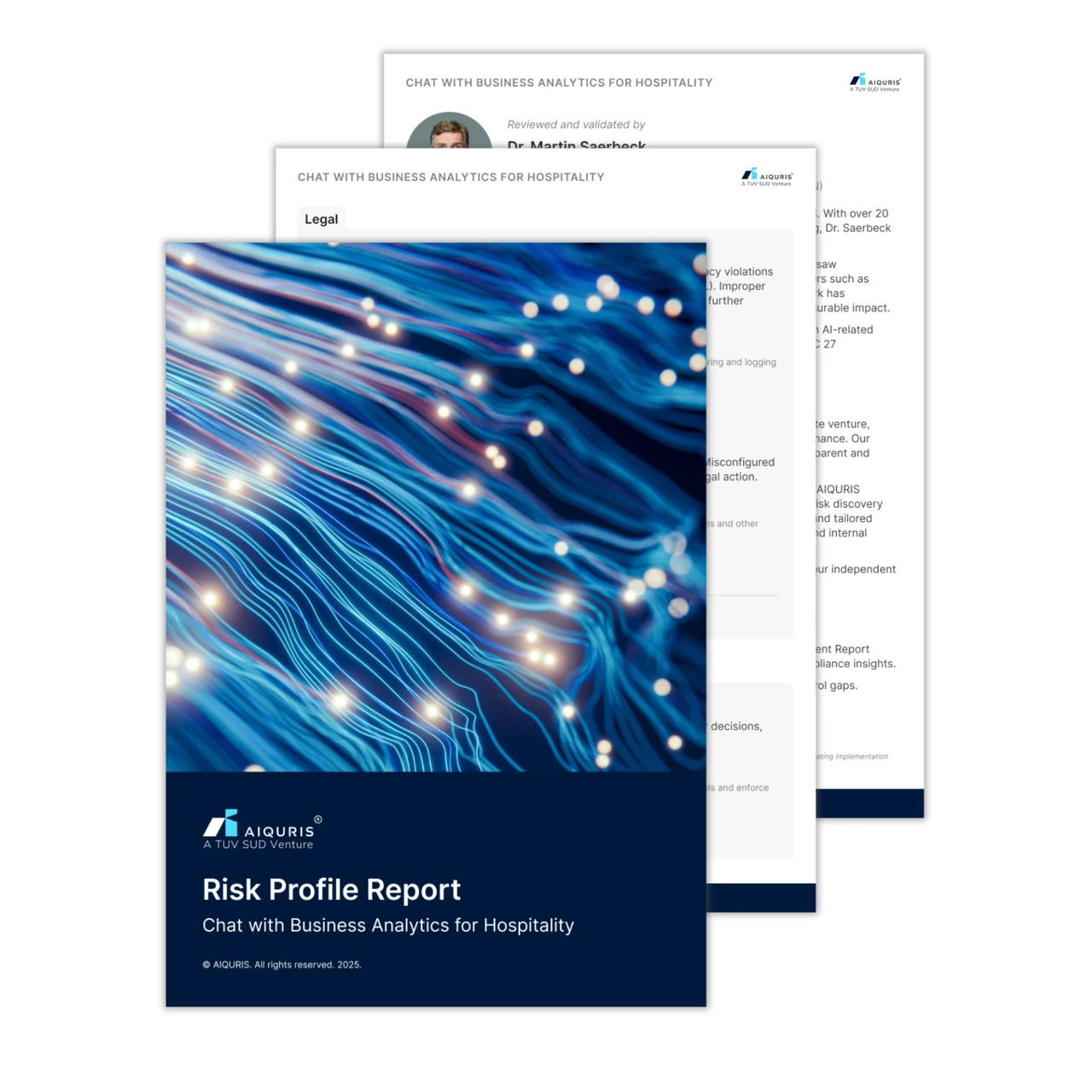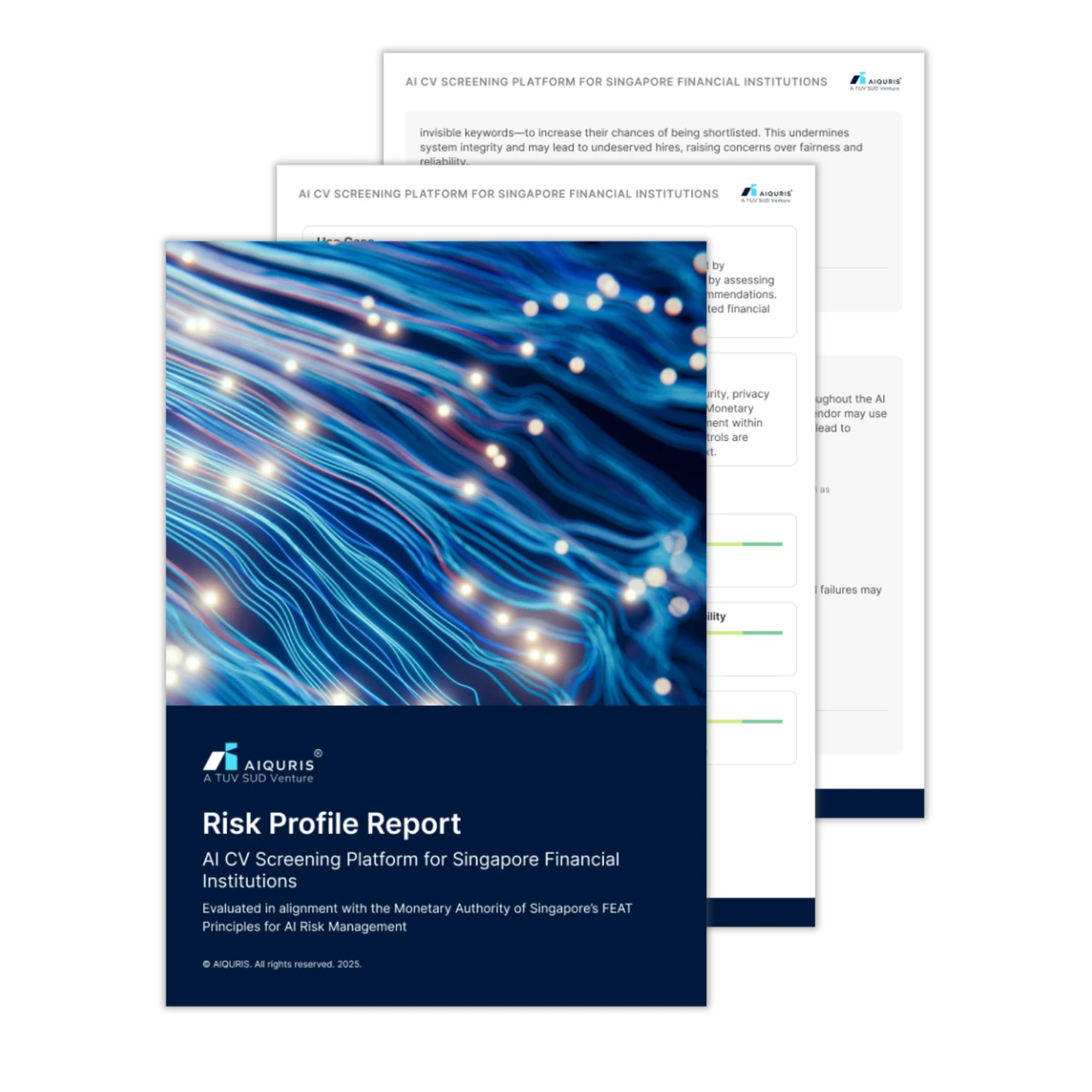In today's rapidly evolving technological landscape, artificial intelligence (AI) has emerged as a transformative force. However, it brings with it a pressing challenge: ensuring that its benefits are accessible to all. This article explores the concepts of AI and inclusivity, the digital divide in AI, and the impact of AI on society while showcasing how tools like AIQURIS ® can empower organisations to navigate these complexities.
The Importance of Inclusivity in AI
Inclusivity is no longer just a buzzword; it's an essential principle that must guide the development and deployment of AI technologies. As highlighted by Diversio1, AI systems often perpetuate biases due to training data that lacks representation from diverse groups. For instance, biased facial recognition outcomes have been noted in studies showing higher error rates among women and people of colour. Thus, creating fairer AI solutions begins with inclusive design practices that accommodate various backgrounds and experiences.
Inclusive AI isn’t just about ethics—it’s about avoiding financial losses, regulatory scrutiny, and market exclusion. Bias lawsuits can cost companies millions in settlements and lost consumer trust. Regulations like GDPR and CCPA require fairness in automated decisions—non-compliance can lead to multi-million-dollar fines. Organisations need to recognise this imperative and strategise accordingly.
By leveraging AI risk and quality management platforms like AIQURIS ®, businesses can proactively detect bias and assess AI risks across six key pillars—Safety, Security, Legal, Ethics, Performance, and Sustainability. Through continuous monitoring and automated compliance checks, it ensures AI remains ethical and aligned with evolving regulations
Understanding the Digital Divide in AI
The digital divide refers to the gap between individuals who have access to modern information and communication technology and those who do not. According to the International Telecommunication Union, despite substantial advancements in mobile connectivity globally, significant disparities remain—especially for marginalised communities2.
For example, even though a majority of people in developing regions own mobile phones, over 1.7 billion women still lack access to such devices3. Bridging this divide is crucial if we aim to harness the full potential of AI. Countries like India exemplify successful initiatives where inclusive digital strategies have led to rapid advancements in financial inclusion through extensive public infrastructure like Aadhaar, which provided IDs to over a billion residents4.
Addressing the digital divide is not just a moral imperative—it’s a business necessity. Companies that fail to ensure fair AI access risk regulatory fines, reputational damage, and exclusion from AI-driven markets. The EU AI Act and OECD AI Principles demand equitable AI access. Companies failing to comply risk exclusion from AI markets and hefty fines. Tools like AIQURIS ® automates compliance checks, dynamically generates regulatory requirements, and provides real-time alerts when AI models deviate from fairness and governance standards. This proactive approach ensures AI remains compliant as regulations evolve.
The Impact of AI on Society
AI's influence extends beyond mere functionality; it shapes social dynamics and economic structures. While AI holds immense promise for innovation, it simultaneously poses risks of exacerbating existing inequalities. Concerns arise particularly regarding countries less equipped to develop or utilise advanced technologies, potentially widening the global inequality gap 5.
Moreover, AI-driven applications must be designed to improve lives holistically rather than inadvertently alienate underrepresented populations. Successful models involve using natural language processing to gather community insights, ultimately allowing for more effective health campaigns and resource allocation6.
As organisations implement AI solutions, the emphasis should be placed on ethical considerations alongside business objectives. Utilising products like AIQURIS ®, firms can manage and monitor AI deployments comprehensively, thus reinforcing accountability and transparency within their operations.
Building a Fair and Equitable AI-Driven Future
Artificial intelligence offers unparalleled opportunities to transform our world positively, yet it requires a collective commitment to inclusivity and equality. As illustrated, bridging the digital divide and fostering an inclusive environment go hand in hand with responsible AI usage. AI’s future depends on responsible governance—without it, businesses risk fines, consumer backlash, and restricted AI adoption rights. Companies can leverage platforms such as AIQURIS ® to maintain rigorous oversight of AI projects, ensuring they enhance rather than hinder progress toward a more equitable society.
Engaging in thoughtful dialogue about AI's role in shaping our future is paramount. Together, let us strive to harness the true potential of AI to benefit all members of society, paving the way for a sustainable and inclusive tomorrow.
Ensure your AI models are fair, compliant, and ready for scale. Talk to an expert to see how AIQURIS ® helps businesses mitigate bias and maintain regulatory confidence.






